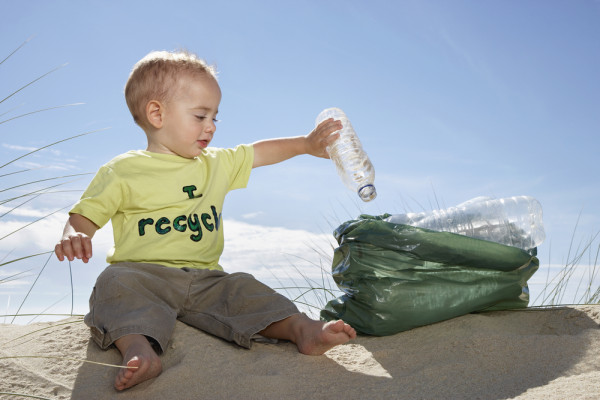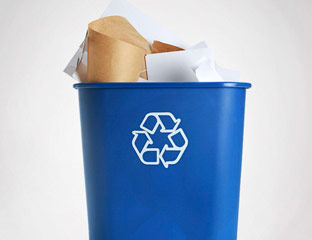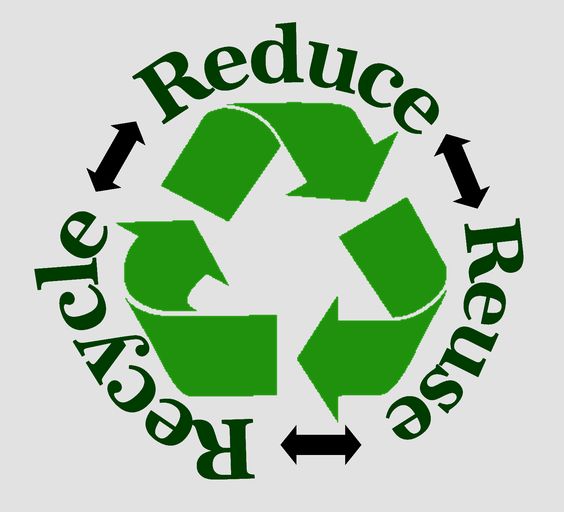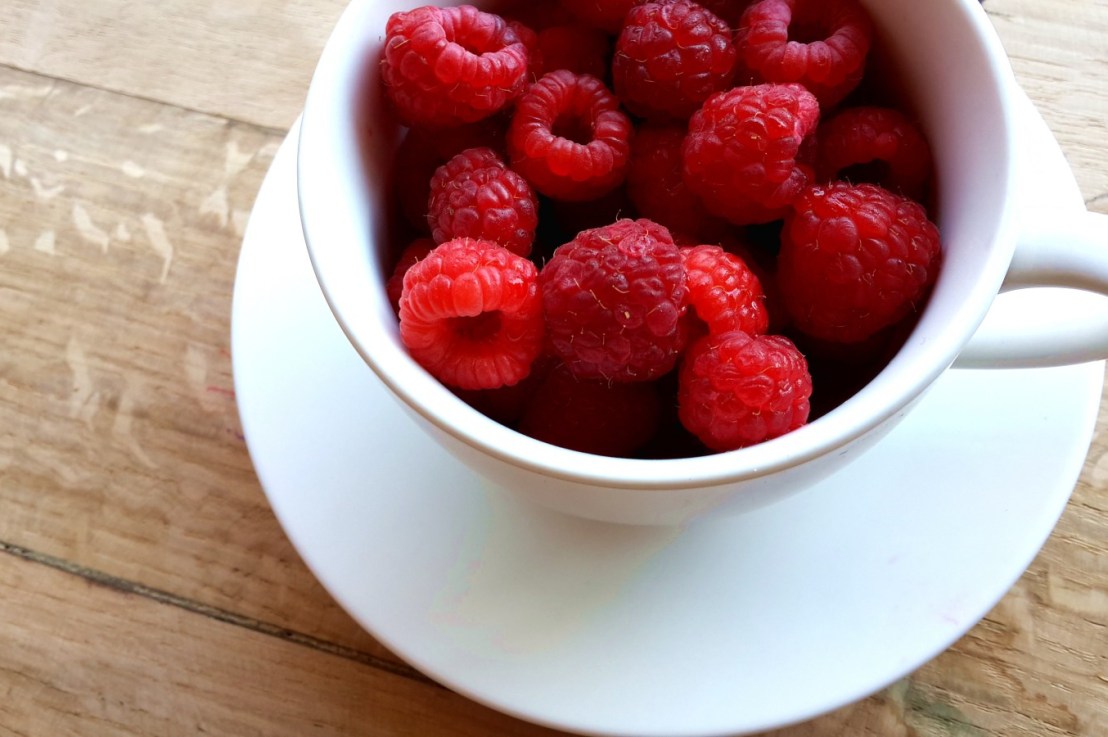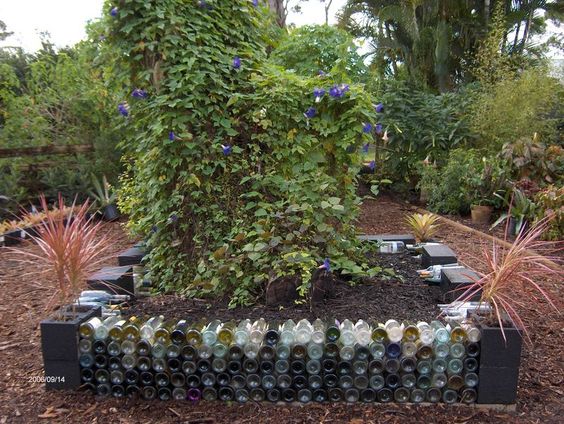
Although glass and crystal may seem like they’re the same, they’re actually far from it. Pure glass is very different from other glass based materials, and they require different recycling processes in order to be reused. Can both of them go into the same container? The answer is – no. We’ll explain why and give you some tips you can use in order to recycle them both.
Surely there’s been more than one time you broke a glass bottle and wondered what to do with it. Should you put it in the green or the orange recycling container? It’s not a trivial issue at all, as glass and crystal can’t be melted in the same furnaces or at the same temperature.
If you ask any recycling expert, he’ll explain that the term “glass” is often used synonymous with many other glass related or glass based products. Glass is an inorganic, hard, brittle, transparent and amorphous ceramic material. It’s composed of silica sand, carbonates and limestone, and is made by fusing all of these elements in temperatures as high as 1,500 ° C. Crystal, on the other hand, contains lead oxide, which gives it certain specific characteristics such as brightness and the ability to produce specific sounds.
The main difference between crystal and glass is the fact that crystal glasses or cups contain lead oxide, which can’t be melted in traditional recycling furnaces. Crystal melts at much higher temperatures than glass, and often fails to melt even a little in glass furnaces. This is why many recycling companies and experts recommend you deposit glass only in in their designated containers, as Sorema does for example.
Now that you have the scientific explanation, it’s time for the practical advice. Here’s a detailed list of instructions on what to deposit where.

Glass-only containers: This is a GLASS-ONLY container, so don’t forget to remove any plastic caps, veneers or corks from bottles or jars. In these containers you can deposit:
- Bottles of wine, beer, juices, soft drinks or spirits
- Food jars that contained pickled items, jams, olives, etc.
- Bottles of cologne and perfume
- Deodorizing spray bottles or roll-on deodorant bottles
- Small jars from various cosmetic products
Gray and orange containers: Although these containers are often meant for disposing organic waste, there are certain glass-related products you can also put in there:
- Dinnerware crystal – glasses, bowls, plates, etc.
- Broken glass planes, such as those from windows and mirrors
- Conventional light bulbs
- Any other clean and broken thick glass or crystal
However, there are some other glass-related products that can’t be deposited in either one of these containers. Although they might seem safe and trivial, they are very hazardous products that can do a lot of damage if not deposited and recycled properly. Some of these products are:
- Flat, unbroken glass planes still in their designated frames
- Fluorescent tubes
- LED and other energy saving light bulbs
- Mercury and other similar thermometers
